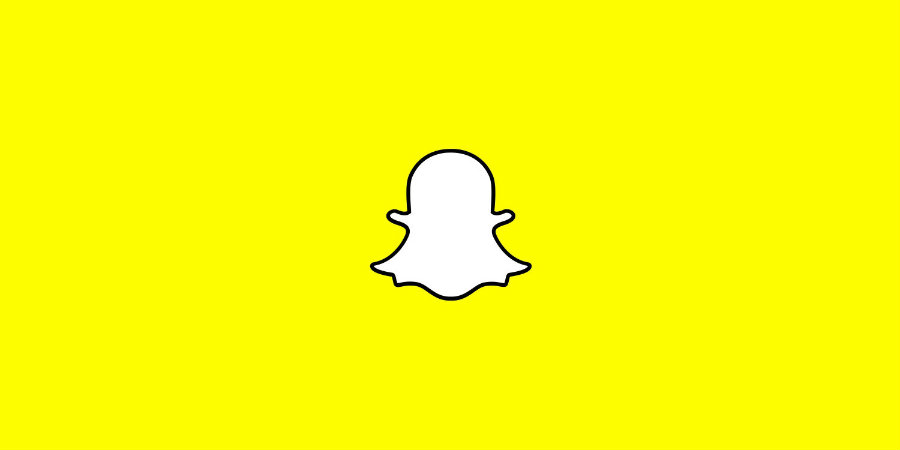Snap Inc., the new company behind Snapchat, saw a drop in the value of their shares, perceiving a 12.25 percent drop, ending up at $23.77 per share.
Investors suggest that the reason might be that the value has rapidly gone up, which increases the probability of a swing occurring at some point.

The company was valued at $3.4-billion last Thursday, becoming one of the most anticipated tech investing opportunities in years. Despite all of this, a decline in users appears to spell trouble for the photo-based company, whose new products are yet to see the light to keep investors interested.
Snap Inc.’s troublesome first months
Out of six of Reuters’ analysts, four recommend selling the asset, while the others have a neutral rating. None of them recommend buying as it is labeled as a “lottery ticket.” None of the seven Financial Times’ analysts have issued a ‘buy’ rating for the company. Larger investing firms such as Goldmann Sachs usually refrain from publishing reports on newer stocks until a month has passed.
“Investors in Snap will be exposed to an upstart facing aggressive competition from much larger companies, with a core user base that is not growing by much and which is only relatively elusive,” stated Brian Wieser, a Pivotal Research analyst, according to Financial Ties.
Wieser was the first to emit a negative rating on the company’s stock, predicting it would reach a $10 per share swamp. Investors know that companies whose initial public offering, or IPO, is highly attractive and glamorous have a tendency to be overpriced on their launch date, which then results in what is occurring now: reduced earnings and revisions on the stock’s rating in the first years before the company goes fully public.

One of the main concerns about the company’s future is its potential to become another Twitter. Currently, Snapchat boasts a bigger audience than Twitter, although it has a hard time reaching out to non-U.S. audiences. According to analysts, Twitter has a hard time keeping its users. Since its IPO held on November 2013, the company that provided Trump its favorite tool for communication has dropped to a third of its initial value.
On the other hand, there’s Facebook, the company that made everything to decimate Snapchat and to mimic its features, so users do not feel the need to download Snap Inc.’s main application. Facebook implemented Instagram Stories, which behaves just like Snapchat. A similar endeavor occurred with Whatsapp, which Facebook also owns.
Additionally, new “Status” feature was introduced in the messaging app, where users can post short updates and adorn them with video, emojis, and much more.
Another problem is that a significant part of the company’s shares is controlled entirely by its founders, representing a hefty 90 percent of the company’s ownership. This means that co-founders Evan Spiegel and Robert Murphy have a lot of protection from activist investors if they try to shift the company’s activity. If things go awry, they can rest assured that they will be able to deal with investor payouts without too much trouble.
Source: Reuters
